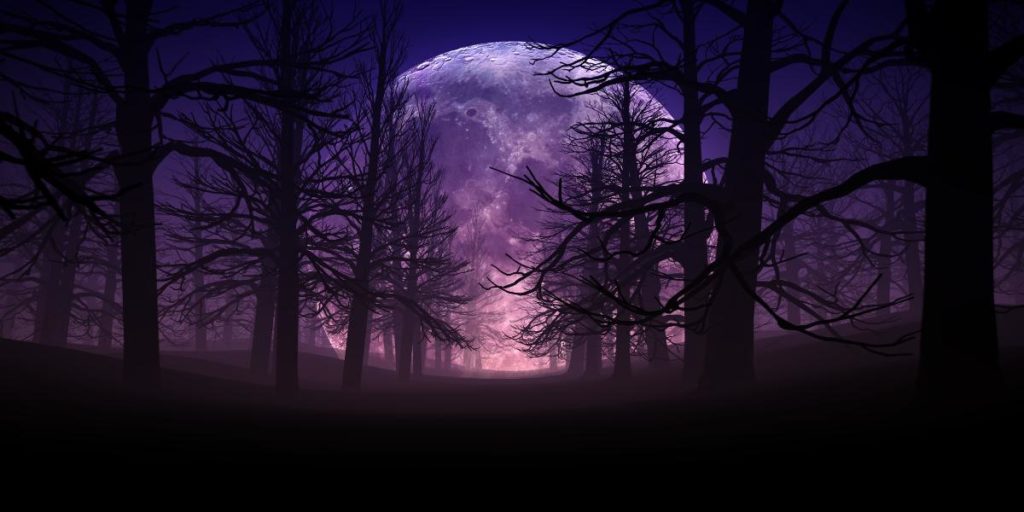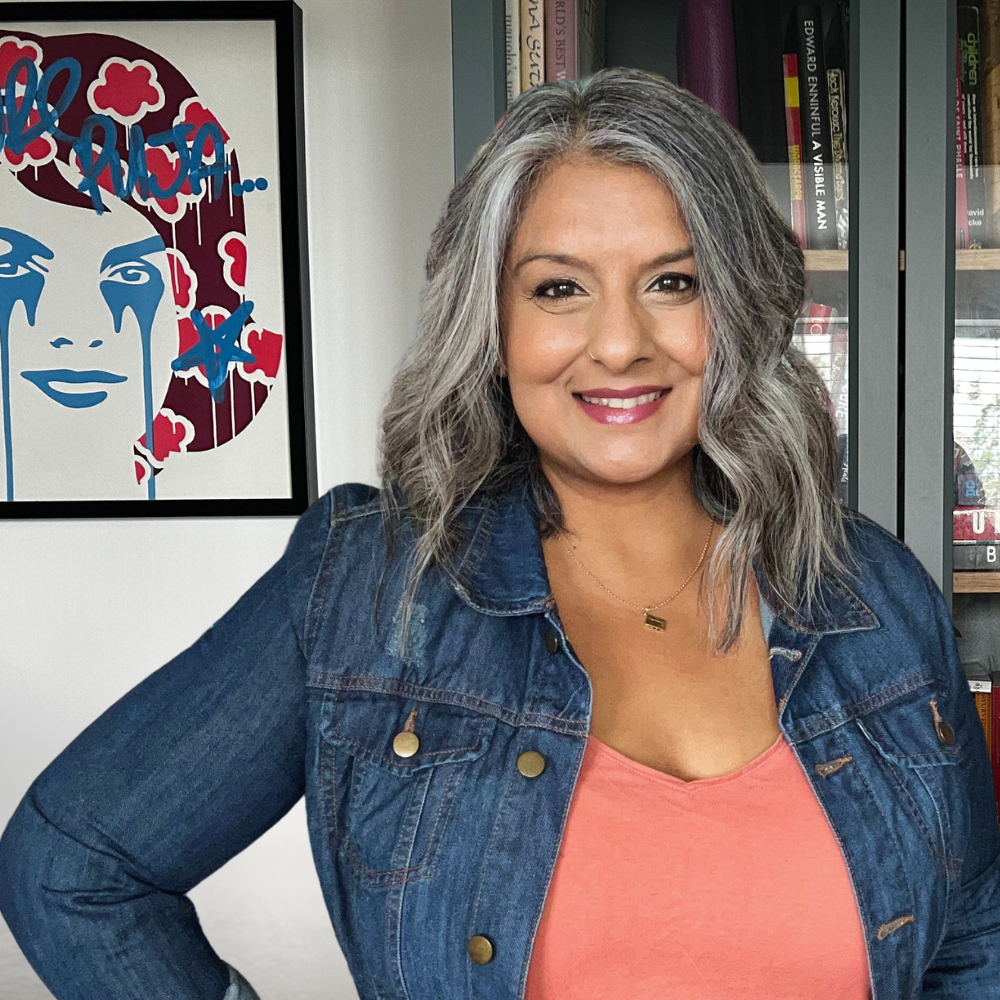
It’s not you, it’s the full moon
Every so often, my clients ghost me. They’re in contract so usually I know it’s not me but just like if I’m a bit moody, I check my calendar for PMS, I do the same with the full moons. It’s not you, it’s the full moon is written for those of you who sometimes feel extremely low moods and don’t necessarily know why.
This doesn’t apply to those who are clinically diagnosed with a disorder that would be affected by low moods regularly.
It’s the full moon, I promise you
Some of the physical aspects of what might be happening to you when a full moon approaches and why it affects your mood can help in understanding this theory better.
The ocean on the side of Earth facing the moon gets pulled toward the moon more than does the centre of the planet. This creates a high tide. On the other side of the Earth, another high tide occurs. The centre of Earth is being pulled toward the moon more than is the ocean on the far side. The result essentially pulls the planet away from the ocean (a negative force that effectively lifts the ocean away from the planet).
Historically, your ancestor’s sleep may have been affected by the light of the full moon which would lead to low mood.
References to the full moon on mood
As a major player in astrology, the lunation cycle is believed to heavily influence behaviours and moods. The moon is often associated with the subconscious. If you’ve ever investigated your birth chart, you’ll recognise that your “moon sign”, which correlates with the moon’s location in the sky at the exact moment you were born, is thought to tell you about your emotions and intuition.
If you’re interested in the Self, you’ll be familiar with the full moon being a time for self-reflection, while new moons are an opportunity to set intentions.
There’s also some evidence that a full moon can lead to less deep sleep and a delay in entering into REM sleep. This would explain the low mood in simple terms.
The scientific affects of the full moon
Dr Tom White from the Natural History Museum says: “the Moon has been up there as long as evolution has been taking place, and lunar rhythms are embedded in the life cycles of many organisms.”
According to Tom, there are three main ways in which the Moon impacts on life. They are time, tides and light.
“For many animals, particularly birds, the Moon is essential to migration and navigation. Others will time their reproduction to coincide with the specific phases of the lunar cycle.”
There is also a whole world of fascinating adaptations relating to tides and the unique properties of moonlight.
If the moon can have such an affect on the animals of our planet, would it be so strange to apply those same principles to human beings?
Philosophy that confirms it’s the full moon
Most science relates to thoughts shared by the ancient Greeks, namely Aristotle. I’d like to take you back a little further and cite the Vedas from Indian philosophy for some more evidence towards the moon’s affect on us.
Vedic Astrology is a moon-based system of astrology. It is a very ancient system dating back 5,000-10,000 years BC. You must note that Vedic astrology is not the same as western astrology. Whilst there are similarities, Vedic astrology is a lot more complex and applies to all life on Earth.
During that period as in keeping with many tribal people today, the moon with its rhythms and cycles is a reliable natural clock. People who live close to nature and depend totally on the fertility of the soil, weather patterns and cosmic forces for survival. They often use the cycle of the moon in a very productive way. These people are acutely aware of the miracle of nature and its ability to rejuvenate in terms of seasons, crops and the production of animal offspring, at regular intervals.
Check the full moon calendar
Whatever you believe to be true, I think there’s some fair evidence to suggest that in fact the low mood you may experience from time to time is the full moon.
💡 Top tip: Pop the moon cycles into your calendar so that you can notice when it happens and if there’s correlation. When patterns emerge, give yourself compassion to move slower and know that you will feel better soon.
We have to be more aware of our selves and how we react if we truly want to be in control of our lives more fully.

Hi, I’m Puja! I’m all about helping driven, purpose-led people create success that actually feels good—without losing themselves along the way.
I mix deep coaching with practical strategies and a soulful perspective to help you thrive in your work, life, and well-being.
This is where I share stories, ideas, and inspiration to spark bold thinking and a more meaningful way of living.
Discover more: SIMPLY WELLBEING SUBSTACK
Registered address: 3rd Floor, 86-90 Paul Street, London, EC2A 4NE
© 2025 Frankly Coaching Ltd.